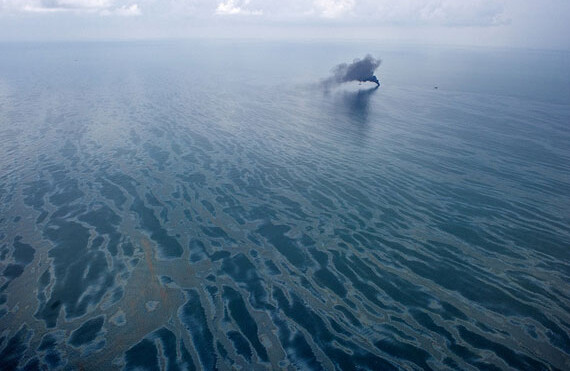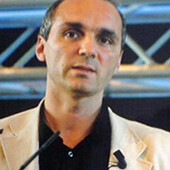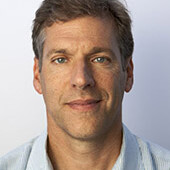The Gulf Oil Disaster is a clear expression of an unfolding global ecological, economic, and social catastrophe resulting from our ongoing reliance upon fossil fuels to power our civilization. The tragedy in the Gulf is a warning we cannot ignore. Business as usual represents a threat to our families, our futures, and our civilization. Business as usual courts irreversible ecological catastrophe, resource wars, failed states, and mass migration of the desperate that will affect all regions, all countries, all peoples. But opportunity, not despair, is the order of the day.
Renewable energy and energy efficiency present a clear choice that can lead not only to amelioration of our current woes, but also toward long-term sustainability and prosperity. Renewable electricity and improved efficiency can replace in a generation's time at least 80 percent of the fossil fuels we use to heat and cool our homes and businesses, to power our factories and our automobiles.
Effective and prompt action is essential. We can craft and implement a blueprint for a prosperous and sustainable future for our children and for generations to come. The development of renewables and efficiency on this scale in 20 years is a great challenge, but it is a challenge we must meet by turning our industrial might and financial means toward sustainable ends and prosperous communities.
Governments responded to the financial crisis with trillions of dollars to make good on the bad bets of financial speculators. What is needed now is not bailouts, but investments in a prosperous and sustainable future by government, industry, and individuals. Government can and must help lead the way, but this is a job that calls upon everyone's talents, energies, dreams, and resources for building a common sustainable future.
How can we proceed? We need to plan, optimize, and implement the renewable and efficiency revolution with all deliberate speed. We must improve the efficiency of our existing processes. This includes reducing waste and taking advantage of thermodynamic efficiencies through cogeneration, district heating and cooling, and heat pumps.
Renewable electrification means we must intelligently integrate and optimize decentralized and distributed energy resources, linking them over long distances with energy storage on a continental and even intercontinental scale if needed. Whatever we do must be subject to analysis of triple bottom line consequences—economic, ecological, and social, as subject to democratic control.
We must adopt, as needed, new market rules and regulations, such as proper utility and manufacturer incentives for efficiency and distributed generation, feed-in tariffs, high renewable portfolio standards, provision of sufficient loan and investment capital, and varied opportunities for investment.
We might use natural gas as a diminishing transition fuel for district heating and cooling, cogeneration, and transport applications while renewable electrification and fuels are not yet fully available.
We need to be cognizant of the security aspects and consider all possible advantages of the use and decentralized control of modern end-use devices, renewable generators, and cogenerators.
This Declaration is an expression of the work of scientists, energy policy makers, and energy developers who can bring to this matter their labs and analytic abilities to help plan and optimize a renewable energy and high-efficiency future. We offer technical assistance and guidance. But the issue is a matter of concern for all citizens facing the greatest challenge of the 21st century: Transforming the self-destructive conduct of fossil fuel business as usual to a sustainable and prosperous future built on renewable resources and energy efficiency.
If not us, who? If not now, when? These are the questions we must ask ourselves as we look at our children and ponder their future.
We declare our commitment to a clean future and offer our assistance in its optimization and development. We urge the installation and appropriate funding of adequate research facilities and research projects embracing all relevant aspects of this transformation.
We must build the road as we travel. This is a call not just for research but also for immediate and appropriate action.
SIGNATORIES
Dave Andrews, Claverton Energy Research Group (signing in a personal capacity)
Godfrey Boyle, Energy & Environment Research Unit, Open University
Gregor Czisch, Transnational Renewables Consulting
Mark Delucchi, Institute of Transportation Studies, University of California, Davis
Mark Z. Jacobson, Civil and Environmental Engineering, Stanford University
Nick Jenkins, Institute of Energy, Cardiff University
Daniel Kammen, Renewable and Appropriate Energy Laboratory, University of California, Berkeley
Roy Morrison, Office for Sustainability, Southern New Hampshire University
Andrew Smith, London Analytics Ltd
Candida Spillard, Waterman Sustainable Energy






